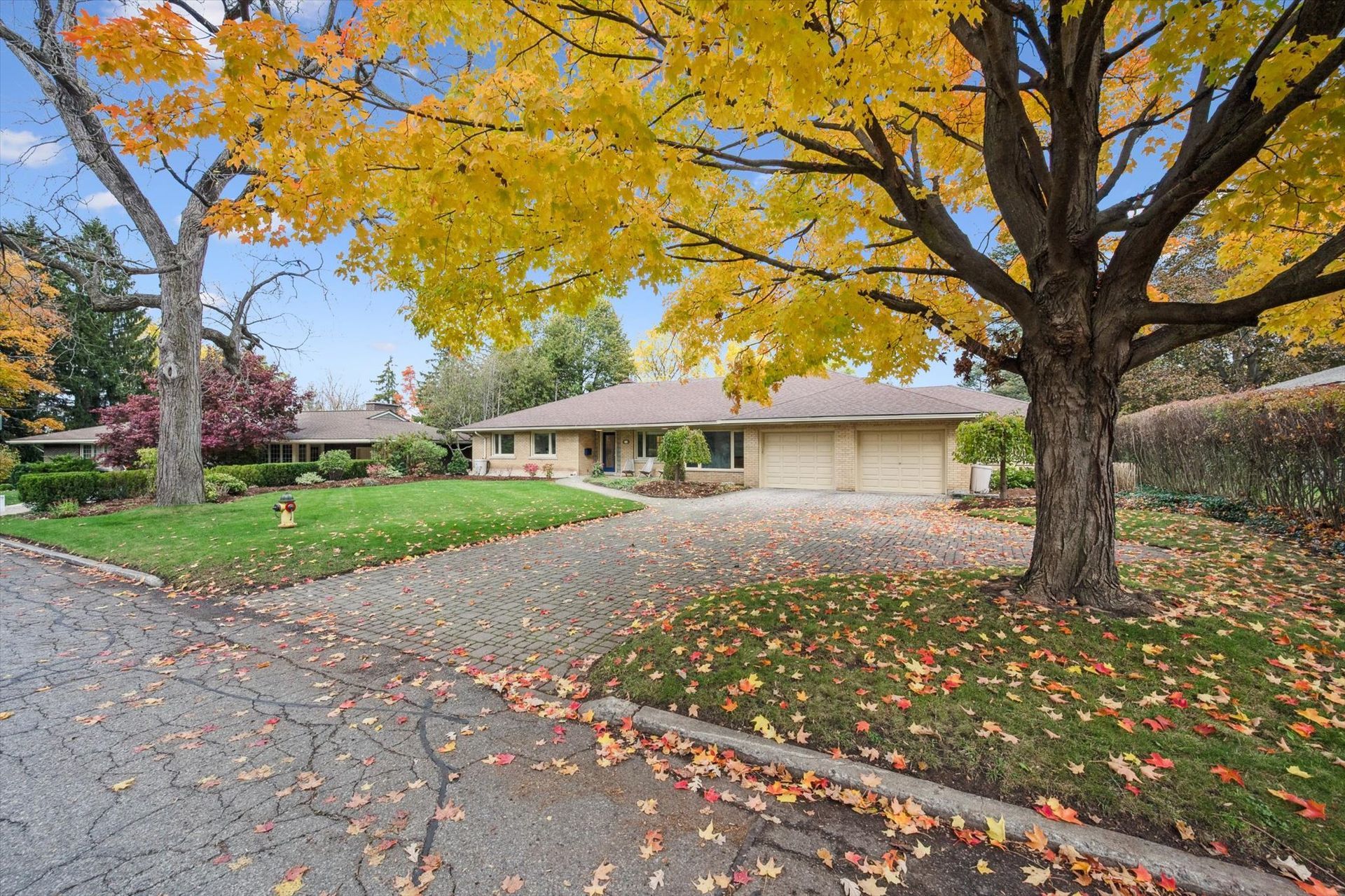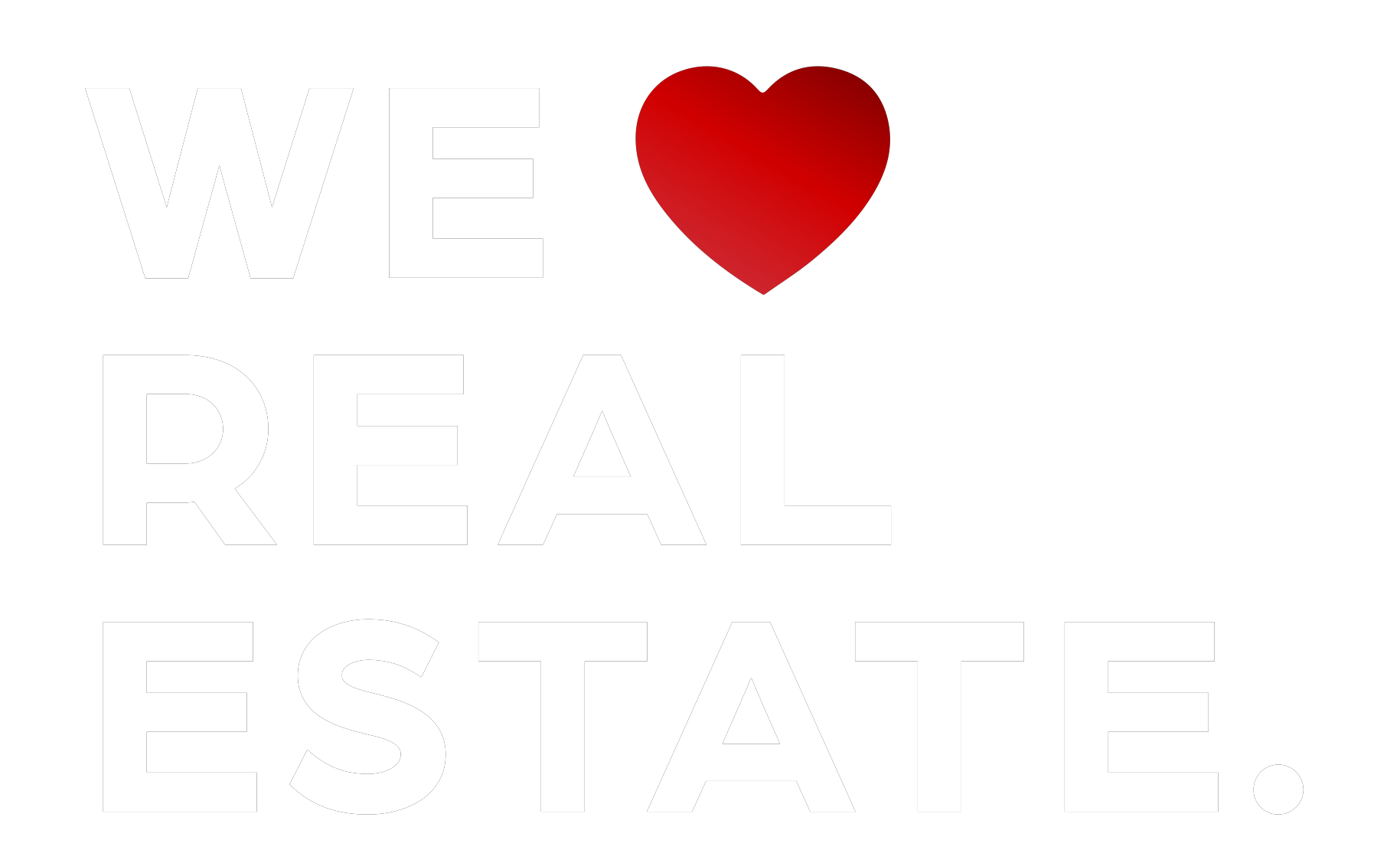Are There Still Bidding Wars?

So why have there been “bidding wars”, as people loosely call them, for all this time?
Well frankly we just have never had enough supply and the city’s population has been growing.
That year when I learned a hard lesson about how many times my clients would want to buy a house, someone else would be there too. Homes weren’t selling for 50k over, but they would go for asking price or in some cases 5-10k over, which seemed so aggressive at the time. “They overpayed!” we would say in the office the next day, trying to make ourselves feel better and smarter. But I soon realized that with Guelph’s consistent increasing value, that “extra” 5-10k paid was more than made up in a year, and the new owners could relax and start to enjoy their purchase which in a short time would be seen as a bargain.
Let’s put things in perspective:
Over asking price, under asking price, or just asking price really doesn’t matter…
Depending on what the property is worth. If I price a 500k house at 400k and it sells for 515k, did it really go for 115k more than it should? No, it’s our perception that says that. You do have to acknowledge that in order to be successful in a multiple offer scenario, you in most cases have to pay the most. Sure, conditions and closing date factor in on the sellers decision, but more often than not the dollar is what they pay attention to the most.
Have I clearly explained what is happening in our market? I think so. Really nothing has changed. Sure, compared to a couple years ago people are not paying that much over what the asking price is, but I have seen some houses go for 100k over this year, and I have seen others go for 100k less. What was the difference between them? How they were priced and supply and demand conditions.
Whether or not there are bidding wars shouldn’t be the determining factor of why you get in or get out of the market.
Remember real estate is always about “time in”, not timing. I know I have said that before but I love the thought. It has helped me understand how to get the most out of my real estate investments – “buy then wait”.
Conclusion
Now, it’s important to always make offers based on facts and data. It’s not a guessing game. Although properties may go up from where they were before, there are patterns to any market and your realtor should be able to help you understand them. Frankly, if you are waiting to buy because you don’t want to be in a bidding war, you may be waiting a while or end up with a house no one wanted. Remember too, when deciding what price to pay, put a price down where you are happy if you get it and happy if you lose it. You can’t go wrong if you are feeling good no matter what. Take reassurance out of buying a property that others want too. It’s already proving itself as a good investment.
Share this post on






